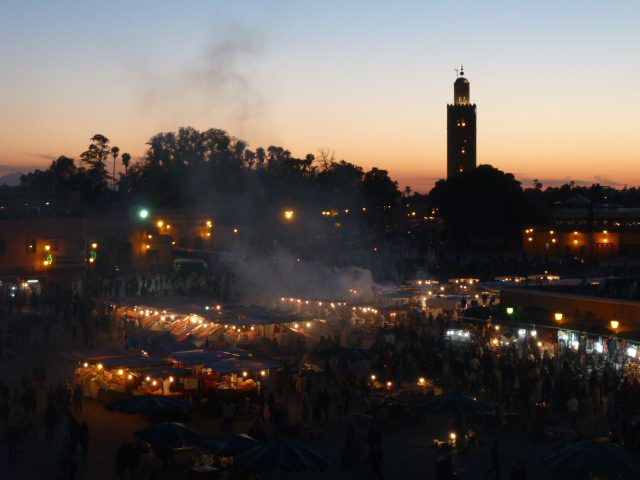
I’m beginning to wind down with my note-taking from John L. Esposito and Dalia Mogahed, Who Speaks for Islam? What a Billion Muslims Really Think (New York: Gallup Press, 2007), which I actually read quite some time ago. Some of these items are merely reminders to me of points that I want to make — or perhaps have already made, but want to be sure not to omit — in a book manuscript that I’m readying for submission and in another paper that I’m actively working on:
The religion of Islam and the mainstream Muslim majority have been conflated with the beliefs and actions of an extremist minority. (x)
I strongly agree with their assertion above.
An interesting fact that represents the close relationship between Islam and Christianity:
Jesus’ mother, Mary, is mentioned by name more times in the Quran than in the New Testament. (9)
Esposito and Mogahed cite several Qur’an passages that I need to be sure I’ve included and discussed. I’m not sure what translation they’re from, but I will make my own translations for my writing. (A trivial complaint: Why, in the passage immediately below, give the English form of the name Abraham rather than the Arabic form Ibrahim, while retaining the Arabic Ismail instead of the standard English Ishmael?)
“We believe in God and what has been revealed to us; in what was revealed to Abraham and Ismail, to Isaac and Jacob and the tribes, and in what was given to Moss and Jesus and the prophets from their Lord. We do not make a distinction between any of them [the prophets]. For we submit to God.” (Qur’an 3:84, cited at page 8)
The purpose of citing the passage above is to illustrate Islam’s contention that all prophets have taught the same message of belief in, and submission to, the same unique God, and, thus, that all of them were, in an important sense, “Muslims.”
The following passages represent the Qur’anic view that human diversity, including our variety of beliefs and cultures and traditions, is intentional and part of the divine plan:
If God had so willed, He could surely have made you all one single community: but [He willed it otherwise] in order to test you by means of what He has given you. Race one another then in doing good works! (Qur’an 5:48, cited at page 9)
Among His signs is the creation of the Heavens and the Earth, and the diversity of your languages and colors. Surely there are signs for those who reflect. (Qur’an 30:22, cited at page 9)
O humankind, We have created you male and female, and made you nations and tribes for you to get to know one another. Indeed, the noblest of you in the sight of God is the one who is most deeply conscious of Him. Behold, God is all-knowing, all-aware. (Qur’an 49:13, cited at page 9)











